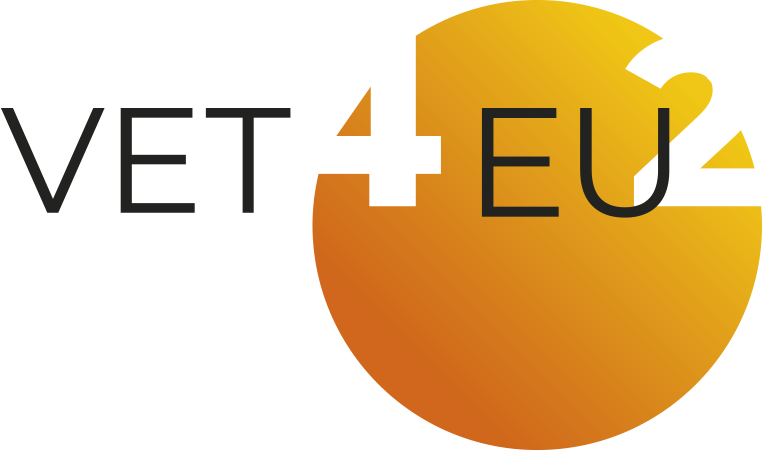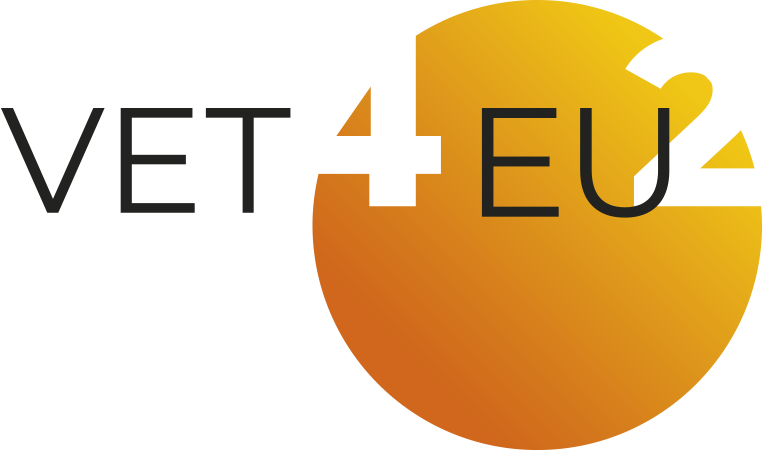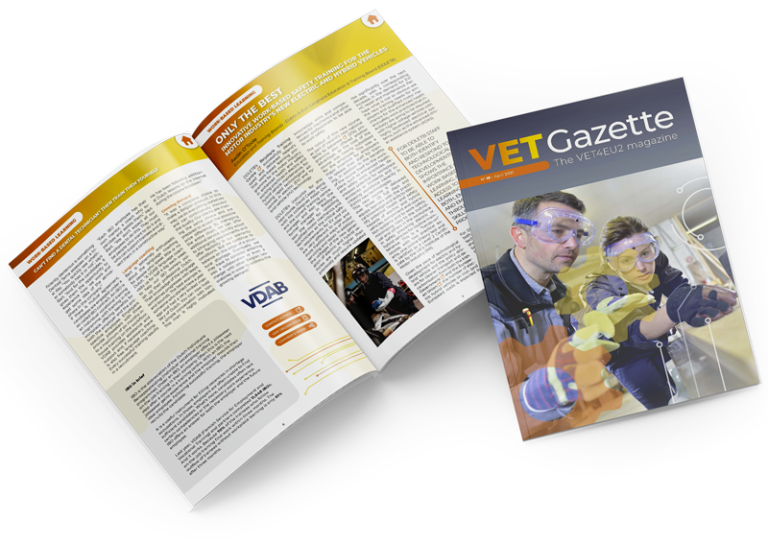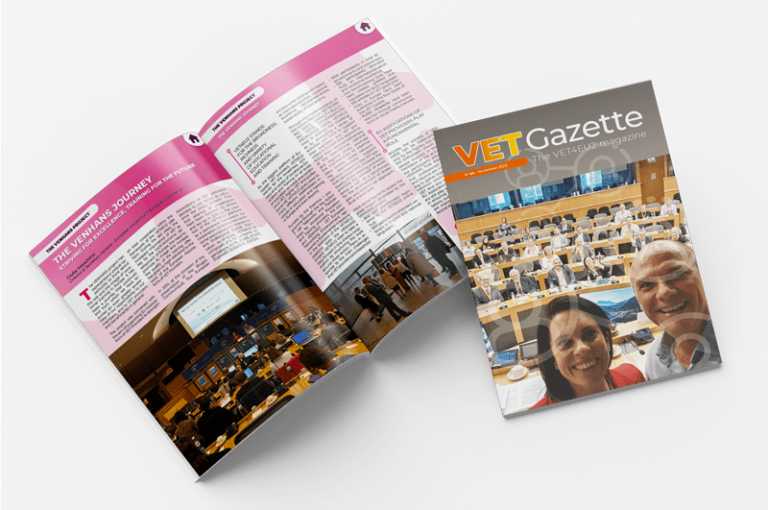The development of cities and their digital transformation is a multidimensional process. However, most of the time, this process focuses on developing technical solutions without providing the necessary emphasis on the development of human resources. Technology can offer new innovative solutions, but it is a tool available to help citizens and employees.
SMART DevOps PROJECT AIMS TO CLOSE THE GAP BETWEEN CURRENT AND FUTURE’S SKILLS DEMANDS
OF THE MUNICIPAL WORKFORCE.
DevOps Competences for Smart Cities (Smart DevOps) is an Erasmus+ Sector Skills Alliance project that aims to close the gap between current and future skills demands of the municipal workforce in the Smart Cities sector by emphasising the exploitation of emerging employment paradigms such as DevOps and supporting this sector’s employees in their professional development.
This project will enable the development of digital and transferable competencies of (working and unemployed) smart cities’ professionals in a way that maximises the ROI of education, helps them become more resilient and increase their creativity and efficiency. The project will also help smart cities to offer enhanced/innovative electronic services by upskilling and reskilling their IT professionals, thus raising the quality of life of the general public.
Training needs and emerging job profiles in the Smart City sector
The Smart DevOps consortium assessed the training needs of municipalities’ workforces by conducting extensive research in Greece, Germany, Italy and Cyprus by identifying skills supply and demand of the Smart Cities sector. The research report lists forty-two (42) transversal and specific competencies, which are clustered into four groups of competencies: (1) Transversal, (2) General IT Knowledge, (3) DevOps related competencies and (4) Smart City related competencies.
As a result of this research, three (3) new job profiles necessary for the smooth operation and development of Smart Cities were identified:
- Smart City Planner is the high-ranking executive who can design the Smart City’s strategy, plan and operating framework to implement the city’s vision for digital transformation.
- Smart City IT Manager is the head of the Smart City IT Department who sets goals and develops strategies for the IT department to support the operation of digital systems and services of the Cities, while at the same time being responsible for the design and implementation of new digital services.
- Smart City IT Officer is an IT technical expert who analyses the city’s organisational data, defines requirements of the information systems, implements innovative software development processes and designs and operates both existing and new digital services.
Each profile has assigned to it specific mandatory and optional competencies from the four competence clusters, which is reflected in the Smart DevOps Curricula
Design and delivery of the Smart DevOps VET Curricula
The Smart DevOps VET Curriculum has four major learning objectives:
- LO1: Development of transversal skills.
- LO2: Building an adequate IT knowledge background
- LO3: Developing advanced software development and operation skills
- LO4: Developing smart city management skills
The Curriculum uses the Bloom taxonomy to classify educational learning objectives into levels of complexity and specificity.
The proposed curriculum is structured around three different delivery models (MOOC, blended learning, and work-based learning) and has three stages. The first stage is conducted online for all job profiles concurrently via a Massive Open Online Course (MOOC) and includes 15 modules delivered in 8 weeks. Learning materials and activities are common for all learners, addressing horizontal learning needs identified in the research. The second stage follows a blended learning approach that combines online educational materials and opportunities for interaction online with traditional place-based classroom methods and is implemented as a specialisation course for each of the job profiles with a duration of 24 weeks and requiring approximately 15 hours of study/week. The third stage refers to work-based learning that merges theory and practice, provides students with real-life work experiences and lasts 10 weeks with approximately 20 hours of work/week. ECVET points are allocated to each training module/unit within all three phases.
JOIN US FOR THE SMART DEVOPS FINAL CONFERENCE (SAVE THE DATE – 25 NOVEMBER 2021)
Find more information on our website (www.smartdevops.eu). Join us for the Smart DevOps Final Conference (Save the Date – 25 November 2021). We will present project outcomes in more depth and discuss how to further contribute to human capital development in Smart Cities.









Responses